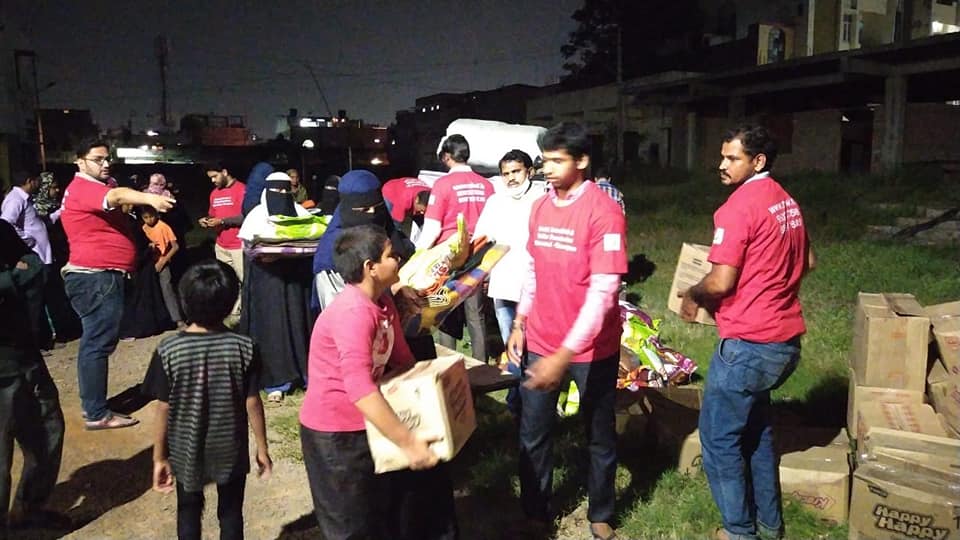"Empowering Communities: Building Resilience and Hope in the Face of Disasters."
The Minhaj Interfaith and Welfare Foundation's disaster management efforts exemplify the core Islamic values of compassion, solidarity, and social responsibility. Rooted in the teachings of Islam, the foundation's approach encompasses both the immediate relief needs of disaster-affected individuals and families, as well as the long-term recovery and empowerment of communities. Islam places great importance on helping those in need, especially during times of crisis.
The foundation's rapid response to emergencies by providing essential survival necessities like water, food, shelter, and healthcare resonates with the Islamic concept of Sadaqah (charity) and Zakat (obligatory almsgiving), where believers are encouraged to provide for those who are less fortunate, particularly during times of adversity. The provision of education in makeshift camps during emergencies reflects the Islamic value of seeking knowledge and ensuring that it is accessible to all, regardless of circumstances. Islam emphasizes the importance of education as a means of empowerment and personal growth. By offering education in times of crisis, the foundation not only addresses immediate needs but also nurtures the intellectual and emotional well-being of affected individuals, particularly children.
Supporting the long-term recovery of communities aligns with Islam's emphasis on sustainable and comprehensive assistance. The Prophet Muhammad (peace be upon him) encouraged believers to engage in acts of goodness that have lasting positive impacts. The foundation's commitment to addressing the root causes of vulnerability reflects this principle, as it works towards building resilient communities that can better withstand future challenges.
The involvement of local communities in the recovery process echoes the Islamic principle of Shura (consultation), where collective decisions are made through consultation and consensus. This approach ensures that the affected communities have a voice in shaping their own recovery, promoting a sense of ownership and empowerment.
In conclusion, the Minhaj Interfaith and Welfare Foundation's disaster management work aligns seamlessly with Islamic values, demonstrating compassion, solidarity, and a comprehensive approach to addressing the needs of those affected by disasters. By embodying these principles, the foundation serves as a beacon of hope and support for communities in their times of greatest need, reflecting the timeless teachings of Islam in promoting the welfare of all.













